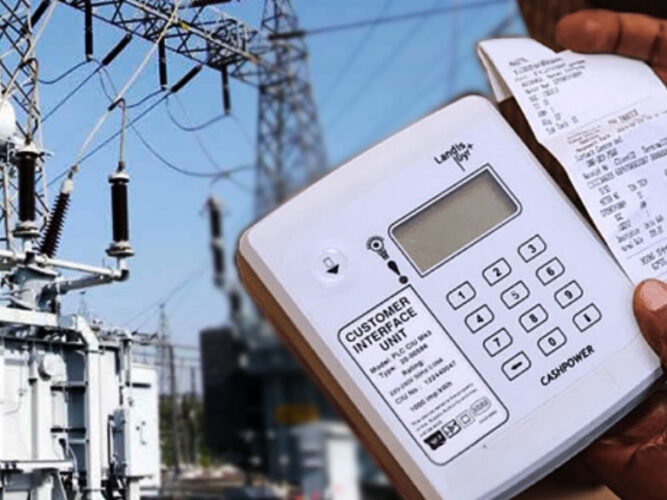The Federal Government has announced that Nigerians should prepare for an increase in electricity tariffs in the coming months. President Bola Tinubu’s Special Adviser on Energy, Olu Verheijen, revealed this in an interview in Dar es Salaam, Tanzania, as reported by Bloomberg.
Verheijen was attending a World Bank-backed conference where Nigeria presented a $32 billion plan to enhance electricity connections by 2030. Private investors are expected to contribute $15.5 billion, with the remainder coming from public sources, including the World Bank and African Development Bank.
According to Verheijen, Nigeria’s electricity tariffs need to rise by about two-thirds for many consumers to reflect the actual cost of supply. She emphasized that higher tariffs, balanced by subsidies for low-income consumers, are necessary to fund critical maintenance, improve reliability, and attract private investments in power generation and transmission.
“One of the key challenges we’re addressing over the next few months is transitioning to a cost-efficient yet cost-reflective tariff,” Verheijen stated. “This is essential to generate the revenue required to attract private capital while also protecting the poor and vulnerable.”
The push for higher tariffs comes as Nigeria’s electricity distribution companies, burdened by debt, demand cost-reflective pricing to improve their financial health. Although Nigeria privatized its power generation and distribution in 2013, prices set by the Nigeria Electricity Regulatory Commission remain below suppliers’ costs. Government subsidies cover part of the gap, but achieving profitability remains difficult.
Verheijen noted that Nigeria’s power sector requires significant investment to meet its development targets. Of the country’s 14-gigawatt installed capacity, only 8 gigawatts can be transmitted, and just four to five gigawatts are delivered directly to homes and businesses.
Siemens AG is collaborating with the government on a $2.3 billion initiative to enhance transmission and distribution networks. Additionally, over 7 million Nigerians in rural areas now have access to electricity through decentralized renewable energy projects.
“Energy policies must align with a country’s development goals,” Verheijen remarked. “Nigeria aims to become a $1 trillion economy within five years and transition to an upper-middle-income nation in 25 years.”
Currently, Nigeria’s gross domestic product stands at just under $200 billion, according to the International Monetary Fund.









